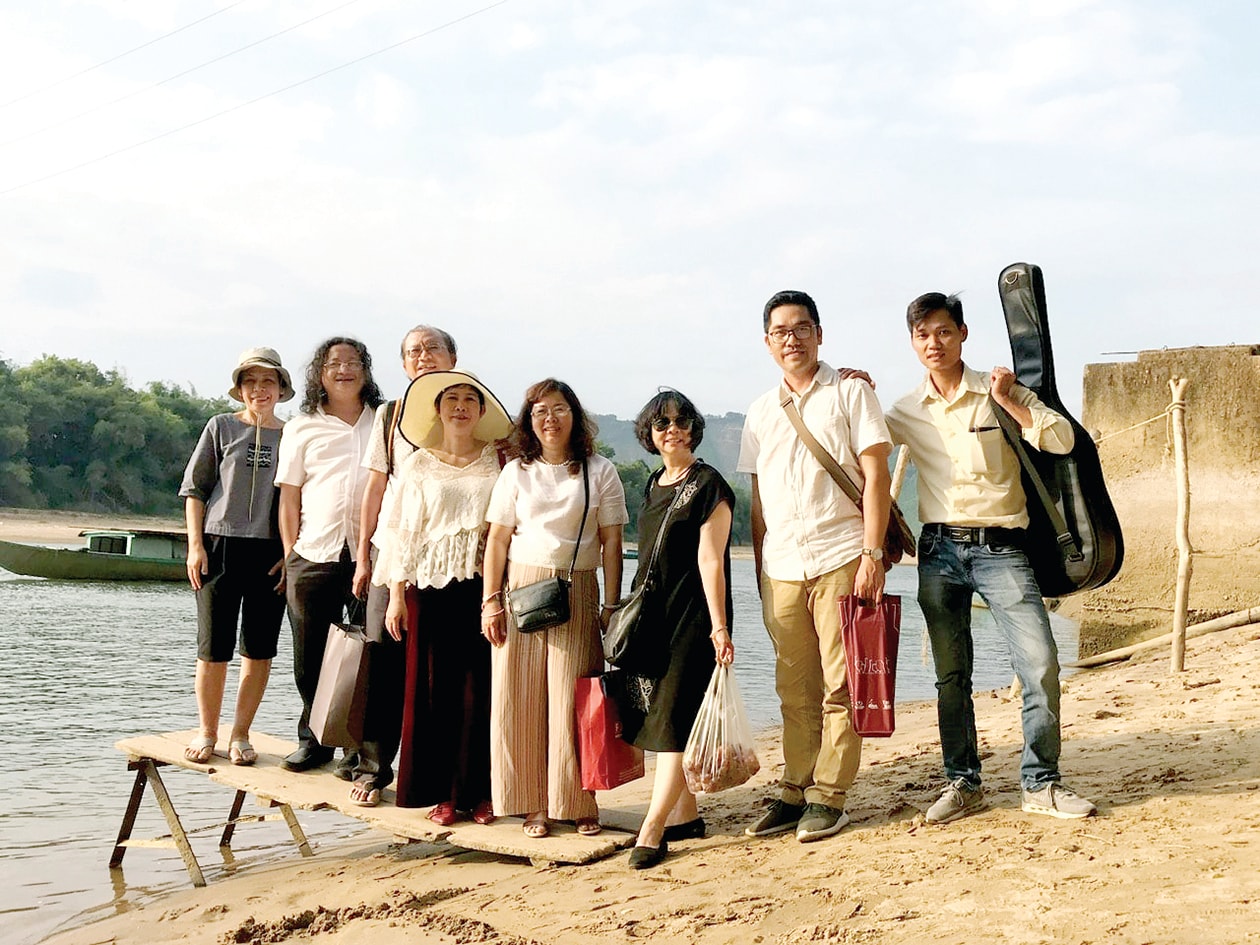
Song waiting for the sun
My hometown is so poor and remote that there are no loudspeakers broadcasting from electric poles before dawn. Instead, Mr. Bon's coffee shop near my house plays bolero music at the third watch. He hums along to some singer while boiling water to make green tea. My father also wakes up as a habit of his age. He and his friend go to a small shop, sitting cross-legged, listening to music and chatting about everything under the sun.
One time I followed my father to the bar. Strangely, those adults did not say a word to each other. I guessed that the silence and darkness were just to swallow the slow, sad music, deeper than the story, letting each note penetrate the heart.
Mr. Bon did not greet or ask any questions, did not say a word to each other at the beginning of the new day. He brought coffee to each person, placed a cup of green tea in front of the guests, and hummed along to the song on the old music player.
My father's group of friends listened to music before sunrise, then they came home to cook and went to the fields when the sky was bright. They listened to that music all year round. On drizzly, windy mornings, despite my mother's frown, my father still had to go.
The roadside stall was more than a meeting place. Later, I thought it was a true “place” for my father and his generation of friends. A place where they borrowed music to listen to their fate, to listen to their lives and the ups and downs of this country. Only music, especially bolero, could comfort the poor people of my hometown.
My father said: "Sometimes you listen to music just for one sentence, but you have to listen to the whole song."
Because, bolero is a story told through music. There are happy stories, sad stories, joyful stories, sad stories, stories about homeland, human fate, all of them. Easy to remember and goes into the listener's mind smoothly. It also lingers through each generation.
I followed my father to listen to music and bolero entered my soul like that.
Singing in the old forest
I knew hundreds of songs by my father and his generation since I was young. The slow, sad music, 4/4 rhythm, easy to remember, just got into me in an unknown way. But to contemplate it and experience this music, in my opinion, one must listen in the deep forest. On nights under the high, dim moonlight, in the cold wilderness, the lyrics seem clearer, bluer, and soar high, touching the heart.
In the summer of 11th grade, I went with some uncles in the neighborhood to look for agarwood in the Ba Khe forest. The hardships of agarwood seekers are indescribable. What lingers with me to this day are the bouts of jungle fever and the quinine injections into my buttocks that atrophied my muscles. And the only thing that comforted me at that time was music, specifically bolero. If it weren’t for my uncles singing me songs in that lonely night, I probably wouldn’t have survived until now.
By the fire to warm up after the cold rain in the forest, the pot of herbal water smelled of Chinese medicine, my uncle lit the fire and sang. “Mom knows that now when I sit in the small hole, the wind promises rain, once I return to my mother’s old hometown, let me send my regards…”
There are thousands of Bolero songs, each one tells a story, but strangely, I find myself “involved” in each story, so I become confused. Each song seems like the composer wrote it for me, for my story, and I started practicing singing it.
Bolero… a bridge of soulmates
My village is at the foot of Ca Tang Mountain. On the right is the blue Thu Bon River, both banks full of flowers and alluvial grass. My hometown has many people who write articles and poems, so literary friends often visit this land. I am like a bridge connecting soulmates. And bolero is what holds back those with dreamy souls.
My mother treated guests with fish from the Thu Bon River according to the water season, but my friend and I treated guests with that familiar music, all year round. We sang that same song over and over again, sometimes at noon, sometimes at dusk, and many times when the dew soaked our clothes. But strangely, each time it felt as fresh as the first time. Guests sang along as if they had never sung it before, and our love became deep and close.
As said, music is just a bridge, through songs, through gestures, through listening and seeing people can get closer to each other. And through songs people can say many things to each other that language sometimes cannot. Bolero in my village is like that, not as good as professional singers but my friend's singing is loved by many people. Perhaps behind the lyrics is love.
My friends live in a coastal area, a remote fishing village where the waves blow all year round. The men who go out to sea have tanned, barebacks, but strangely they look exactly like the men who go to the forest in my hometown. The men are honest, simple and gentle like the songs they sing.
But I think singing in the middle of the ocean, the sound of the waves overpowers the softness of the bolero so it is not as good as in the middle of the jungle. That is what I think! But some people say, when you sing a song, you sing it for yourself, listen with your whole heart, then you can feel whether it is good or bad.
Keep a song on your lips, whether happy or sad! Sing a lullaby to yourself to help you get through the difficulties. Someone once said: "The thing worth learning after words is music." If you can't learn music or compose music, no one can stop you from singing, because the song resonates with all the sorrows left behind.
Bolero does it easily!
Source: https://baoquangnam.vn/bolero-va-chuyen-lang-toi-3154060.html



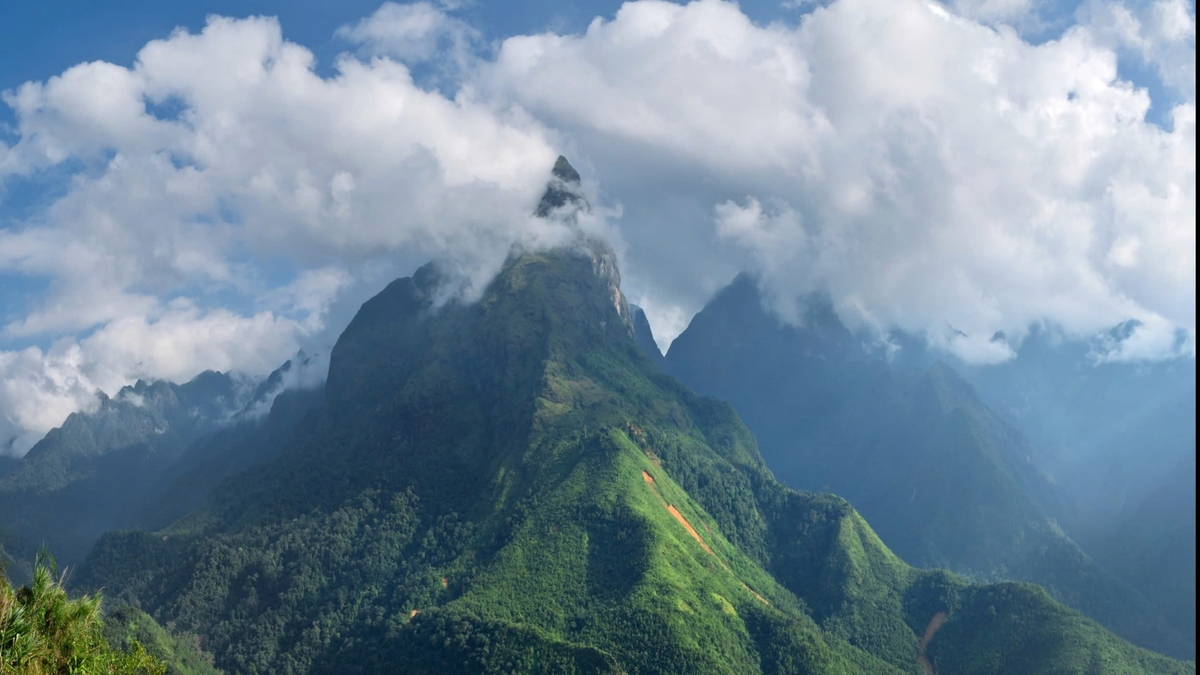
![[Photo] Vietnam shines at Paris International Fair 2025 with cultural and culinary colors](https://vphoto.vietnam.vn/thumb/1200x675/vietnam/resource/IMAGE/2025/5/4/74b16c2a197a42eb97597414009d4eb8)














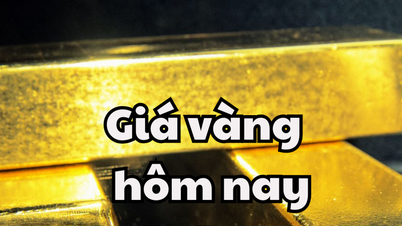




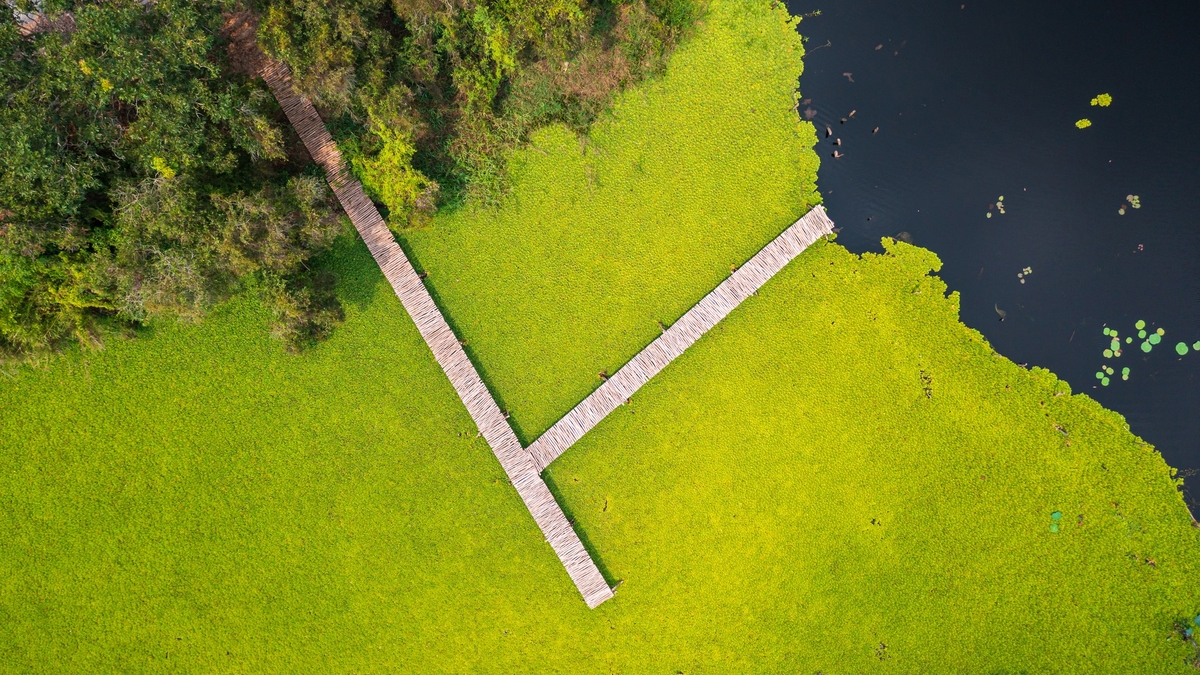


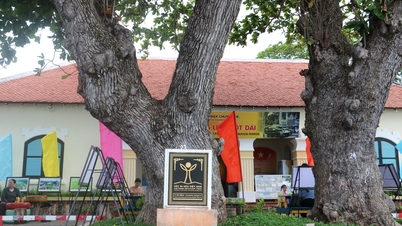









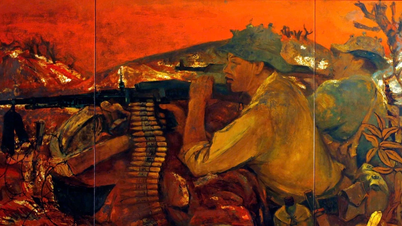

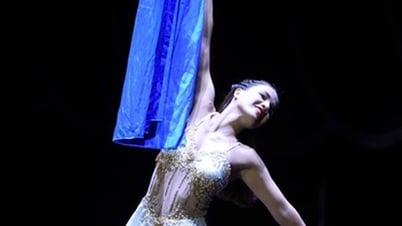





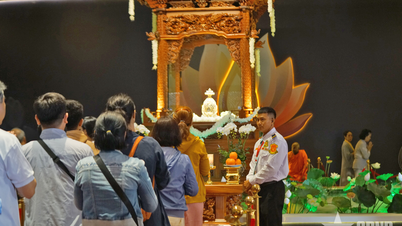







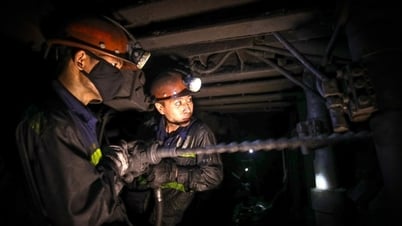










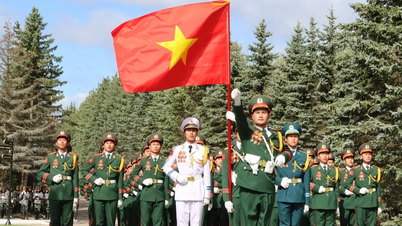

















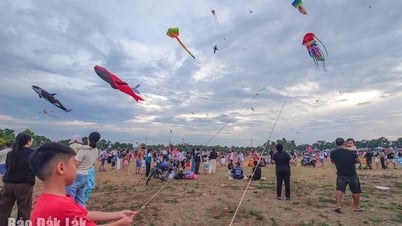




![[Video]. Building OCOP products based on local strengths](https://vphoto.vietnam.vn/thumb/402x226/vietnam/resource/IMAGE/2025/5/3/61677e8b3a364110b271e7b15ed91b3f)


Comment (0)